Members of the BBC's anti-disinformation team offer insider tips on how to verify photos and videos online - so that you can be sure that what you're seeing is reliable.
Tagged with corona virus
A paramedic has described how a patient with symptoms of a heart attack refused treatment after reading on Facebook that she would die if she went to hospital during the Covid-19 crisis.
The account was among hard-hitting testimony given by medics to MPs about the damage misinformation on social media is doing to frontline healthcare.
The doctors called for tougher action on Google, Twitter and Facebook.
All three firms told MPs they were working hard to tackle the problem.
You probably can't whip up a cure on your laptop.
But there is something you can do. Stop the spread of misinformation.
The Education Safeguarding Service have published a Template Acceptable Use Policy (AUP) for Remote Learning. During the current Covid-19 restrictions, many schools and settings are implementing remote learning, including live streaming, as well as other forms of online communication to provide formal education and to stay in touch with learners and/or parents carers. The AUP template will enable schools and settings to clearly state their online behaviour expectations for all involved.
'As these theories are amplified by celebrities such as Eamonn Holmes, Amanda Holden and Amir Khan, companies say workers are reporting new cases of abuse and harassment every day – despite the theories having been called out as false by scientists and governments across the globe.'
In these challenging times, people understandably want to keep up to date with the latest developments in the coronavirus (Covid-19) pandemic.
But given the false claims about Covid-19 circulating online, some people are struggling to know who or what to believe.
Access to accurate, trustworthy and credible sources of news and information has never been more important. So, with the support of Ofcom’s Making Sense of Media Panel and Network, here's a collection of resources to help cut through the confusion and provide people with the tools to navigate news and information about Covid-19.
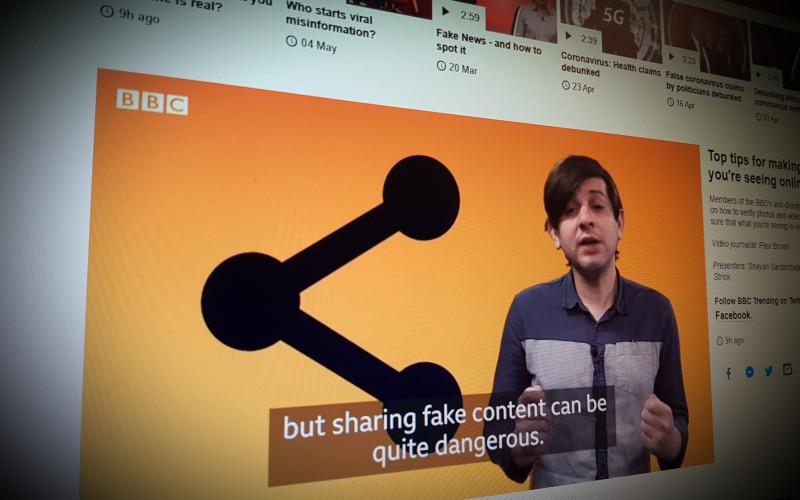
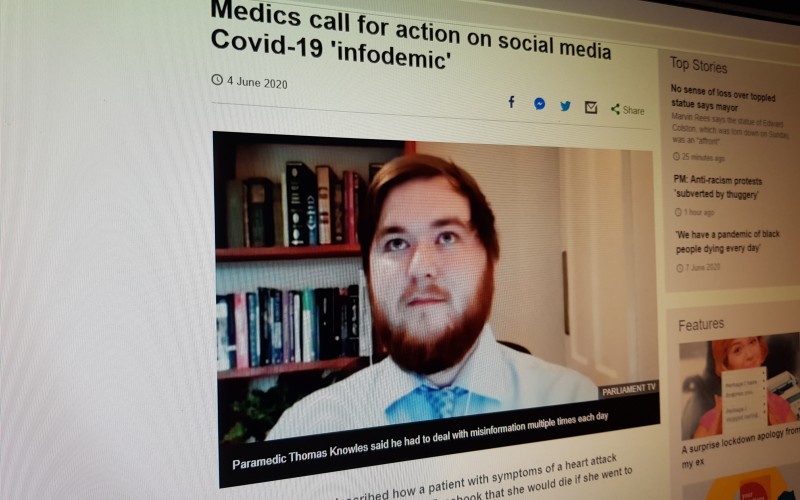
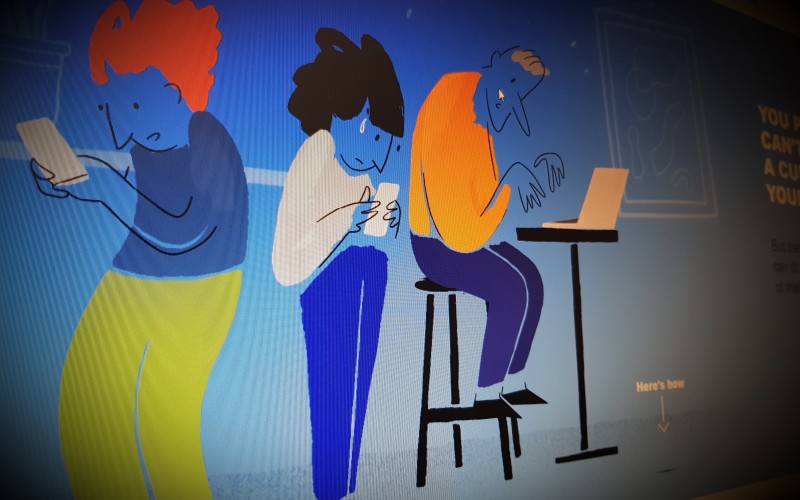
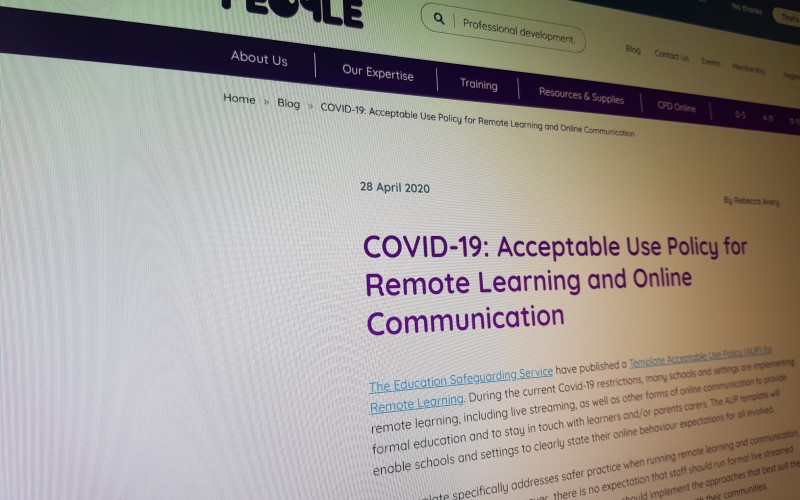
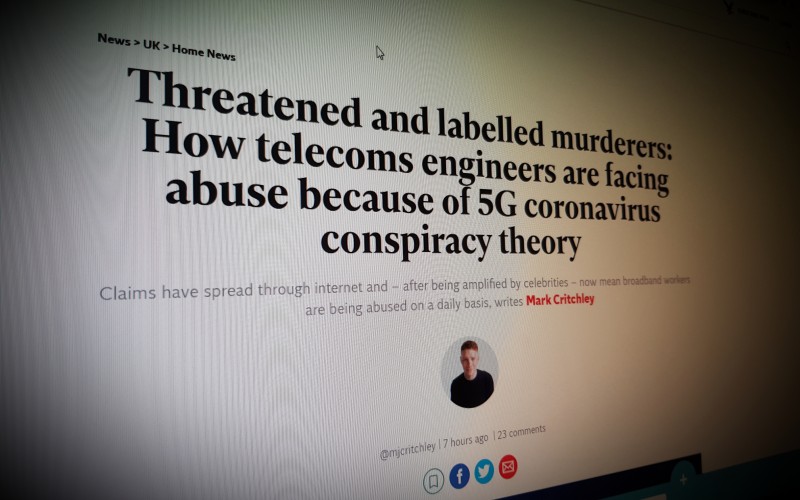
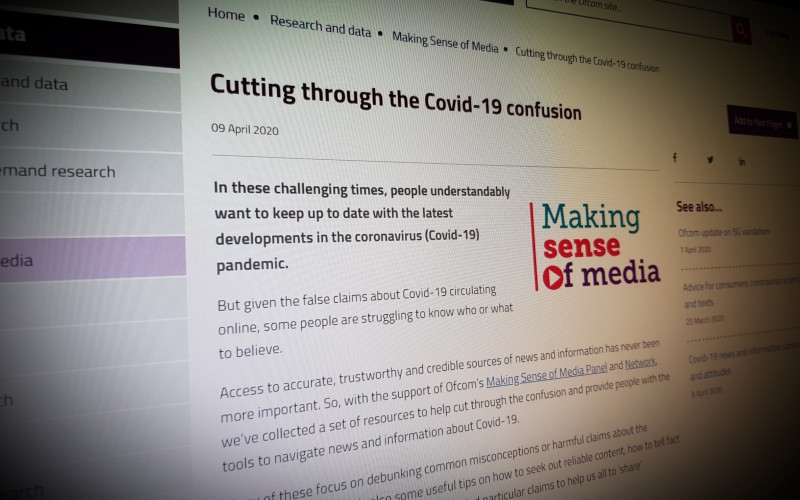
Comments
make a comment